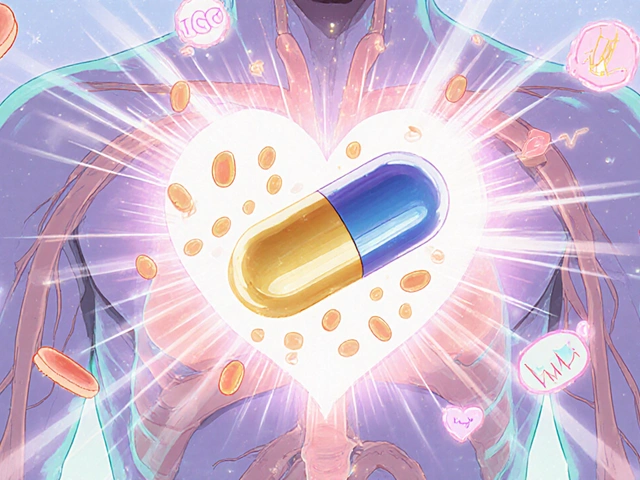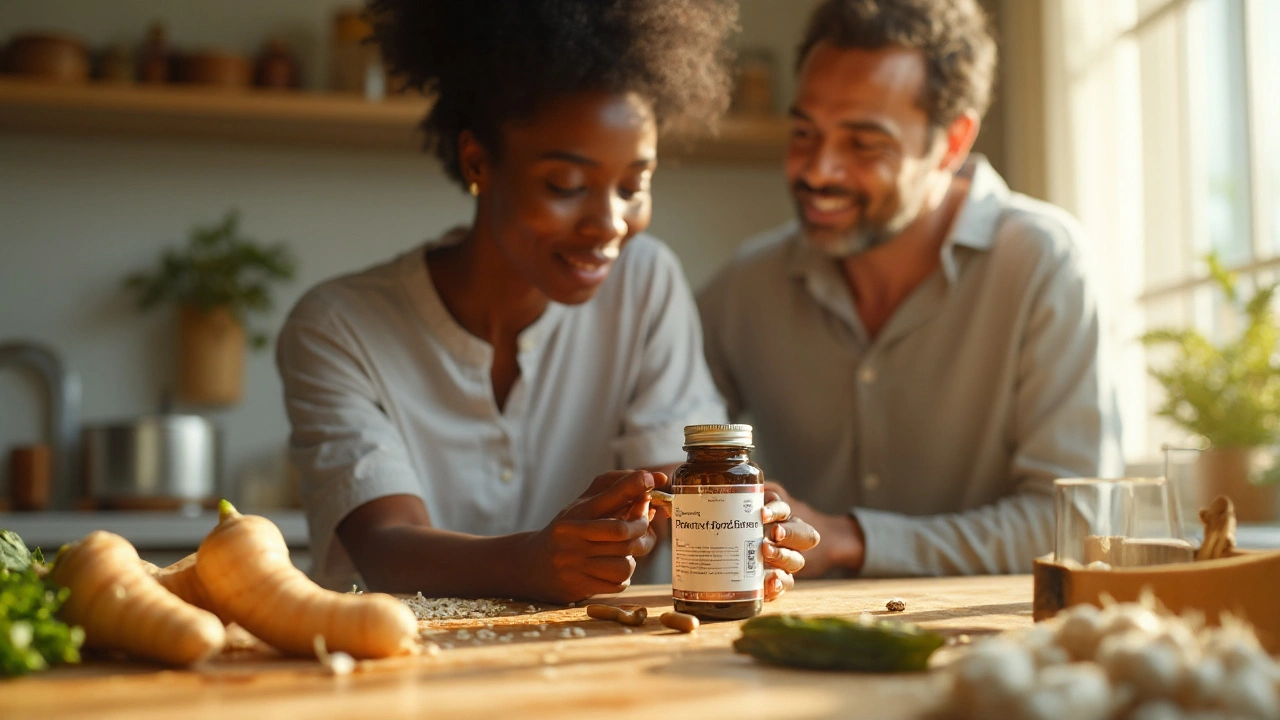Potassium Rich Foods: What to Eat for Strong Heart and Muscles
If you’ve ever felt a cramp after a workout or wondered why your blood pressure is high, potassium might be the missing link. This mineral helps muscles contract, keeps nerves firing correctly, and balances fluid in your body. The good news? You don’t need pills – many everyday foods pack a serious potassium punch.
Why Potassium Is Essential
Potassium works hand‑in‑hand with sodium to regulate blood pressure. When you get enough potassium, it tells your kidneys to excrete excess sodium, easing strain on your heart. It also supports proper muscle function – that’s why low levels can cause leg cramps or fatigue. Plus, studies link a high‑potassium diet to reduced risk of stroke and kidney stones.
Most adults need about 2,600–3,400 mg per day, but many fall short because processed foods are low in potassium and high in sodium. Swapping out a few snacks for whole foods can quickly close the gap.
Everyday Foods Packed With Potassium
Here are some easy‑to‑find options and how much potassium they deliver per typical serving:
Bananas (1 medium): ~420 mg – a quick snack that’s also rich in vitamin B6.
Sweet potatoes (½ cup cooked): ~540 mg – great baked or mashed for dinner.
Spinach (1 cup cooked): ~840 mg – toss into soups, stir‑fries, or smoothies.
White beans (½ cup canned, rinsed): ~600 mg – add to salads or chili for a protein boost.
Yogurt (1 cup low‑fat): ~380 mg – perfect for breakfast with fruit and nuts.
Avocado (½ medium): ~480 mg – spread on toast or blend into guacamole.
Salmon (3 oz cooked): ~350 mg – gives you omega‑3s plus potassium.
Mixing these foods throughout the day keeps your intake steady. For example, start with a banana and yogurt breakfast, add spinach to lunch, snack on beans or avocado, and finish dinner with sweet potato and salmon.
If you’re watching carbs, focus on non‑starchy veggies like broccoli (≈230 mg per cup) and mushrooms (≈300 mg per cup). Even a glass of orange juice (≈470 mg per 8 oz) can add a boost without extra calories.
When cooking, use the water you’ve boiled vegetables for soups – it holds most of the potassium that would otherwise be lost. Avoid over‑cooking; steaming or microwaving retains more minerals than boiling.
Remember to stay hydrated, especially if you’re on diuretics or have kidney issues. Too much potassium can be harmful in those cases, so talk with your doctor if you have any medical conditions that affect mineral balance.
Bottom line: loading up on a variety of fruits, veggies, beans, and lean proteins is the easiest way to meet your potassium needs. Small swaps add up fast, keep cramps at bay, and support a healthier heart without counting every milligram.
Parsnip Supplement Benefits in 2025: Gut Health, Blood Pressure, and Energy Explained
Parsnip supplements can support gut health, blood pressure, and steady energy. See the science, dosages, safety, and how to buy smart in 2025.
About
Nutrition and Supplements
Latest Posts


Compare Aggrenox (Dipyridamole) with Alternatives for Stroke Prevention
By Marcel Kornblum Oct 27, 2025

Generic Drug Patents: How Exclusivity Periods Vary by Country
By Marcel Kornblum Dec 22, 2025

How Men Can Prevent and Address Unwanted Pregnancies
By Marcel Kornblum Sep 30, 2025

